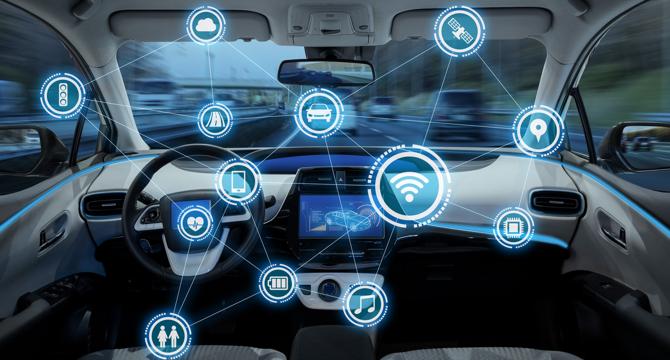VoltDB
1M
13

Image Credit: VoltDB
Digital Twins in Automotive: How Virtual Models are Driving Real-World Innovation
- Automotive manufacturers are leveraging digital twins to stay ahead and drive efficiency and productivity.
- A digital twin is a virtual replica of a physical product or system, aiding in design, analysis, and optimization.
- The automotive industry is experiencing substantial growth in digital twin adoption, projected to reach $73.5 billion by 2027.
- Digital twins revolutionize vehicle design, reducing time, enhancing decision-making, and promoting sustainability.
- In manufacturing, digital twins optimize production lines, support predictive maintenance, and improve quality control.
- Digital twins enhance customer experience through personalized services, over-the-air updates, and proactive maintenance.
- Challenges like data management, cybersecurity, and standardization need to be addressed for wider digital twin integration.
- As AI and machine learning progress, digital twins will become more sophisticated and vital in automotive development.
- Digital twins are reshaping the automotive industry, fostering innovation, efficiency, and improved customer experiences.
- The future of automotive development will be significantly influenced by the continued evolution of digital twins.
Read Full Article
Like
For uninterrupted reading, download the app